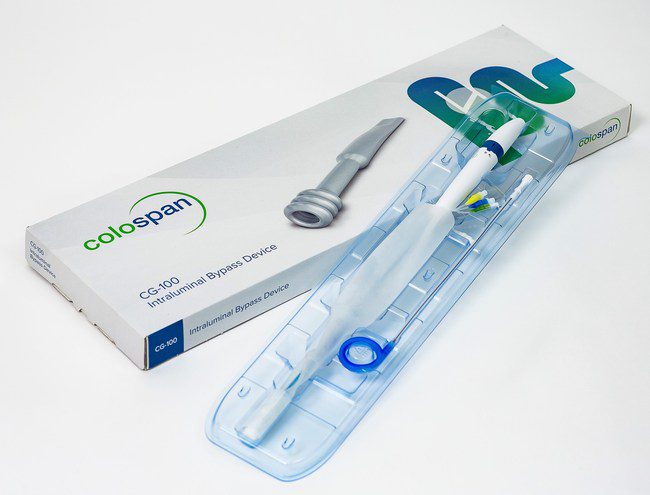December 9, 2020
Henry Ford Hospital is the first in the U.S. to perform an investigational procedure using the CG-100™ bypass device to assess its ability to reduce the need for stoma creation in rectal cancer patients undergoing colorectal or coloanal surgery. CG-100 is a temporary protective bypass device that is being evaluated as an investigational treatment to determine whether it can reduce the need for a diverting stoma and its related complications.
Henry Ford Hospital is the only site in Michigan, and just one of 12 sites nationwide, that will be enrolling colorectal cancer patients in the clinical trial.
Colorectal surgery typically includes the procedure of colorectal anastomosis where the diseased section of the colon or rectum is removed, and the two healthy segments on either side of it are reattached.
Leakage of colon content from the anastomotic site into the abdominal cavity is a dangerous complication, increasing hospitalization time, re-operation, and mortality.
To prevent leakage, surgeons often create a small opening called a stoma on the surface of the abdomen, to divert the flow of waste from the bowel into an external bag. Living with a diverting stoma can be overwhelming and uncomfortable, but a stoma is currently considered the standard treatment for almost 70% of rectal and high-risk colon resections.
“There are limited options for patients who undergo a low resection of the colon,” said Craig Reickert, M.D., division head of Colon and Rectal Surgery at Henry Ford Cancer Institute. “Because the CG-100 device allows us to perform only a single minimally invasive procedure, the hope is that it can safely reduce the need for stoma and allow for a more comfortable and easy recovery, which increases the patient’s quality of life and allows them to avoid the complications that some encounter with a stoma.”
